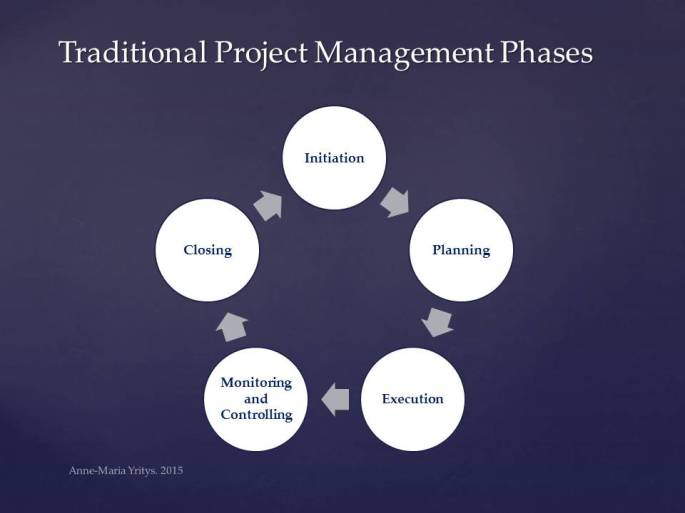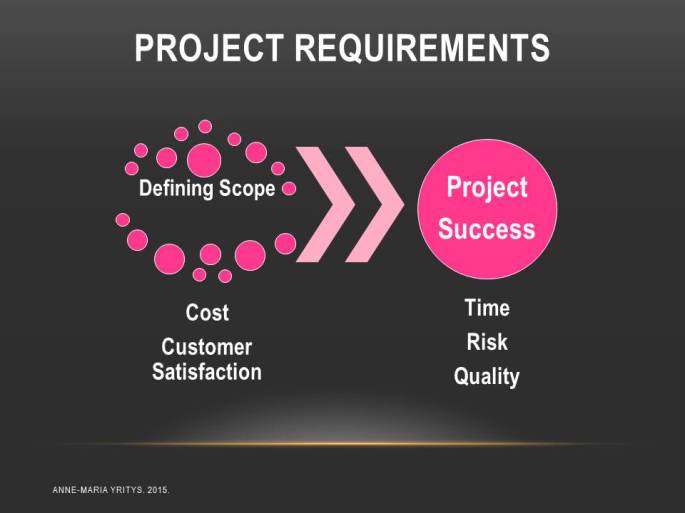It is all about trust. In business, friendships, family, and all kinds of relationships. If people trust you, they’ll do business with you. Depending upon culture, it may take years to build that trust. And, trust can be ruined in a matter of seconds.
It takes 20 years to build a reputation and five minutes to ruin it. If you think about that, you´ll do things differently. Warren Buffett
Wise words to live by.
According to American psychologist Abraham Maslow´s hierarchy of needs (1943), human beings all have five common basic needs in life:
- Safety and or survival
- Food and other basic physiological needs
- (Social) belonging and love
- Respect and purposefulness (esteem)
- Freedom and self-actualization
In building trust with other human beings, we must have trust in ourselves. A lack of trust in self, in other words fear-based actions and self-doubt, can be disastrous for both our own lives and for our interaction with other human beings. To succeed in business and life, we have to understand the basics of human behavior and the basics of human needs, and most preferably some psychology. Why?
According to Harvard Business Review: The 3 Elements of Trust, employees expect leaders to create and to maintain trust through positive relationships, using good judgment/expertise and consistency. Which one of these do you think is most important?
The most single important factor in terms of building and maintaining trust in any relationship is respect. Every human being deserves to be treated with respect, regardless of any external or internal attributes. Showing respect to people goes a long way. On the other hand, a lack of respect quickly leads to mistrust and a complete destruction of the relationship since the lack of respect usually leads to manipulative communication and negotiation tactics and breaking other people´s boundaries.
Never violate boundaries unless you are willing to risk the entire relationship. Never use manipulative tactics when negotiating with people. An experienced negotiator who is knowledgeable about human nature will quickly see through these kinds of tactics, and leading conversations or any kinds of interactions in such a manner will not only endanger your whole negotiation but also complicate the future of the interaction and/or relationship. To build and to maintain trust, it is hence essential to learn how to respect your counterpart. Learn how to listen, and learn how to become a naturally powerful communicator.
In “The Power of a Positive No” (2007), one of the world´s leading experts on negotiation and mediation William Ury gives his readers concrete tools for not only becoming better communicators but in fact also for learning how to succeed in negotiations and how to manage conflicts in constructive rather than destructive ways. He explains the importance of a positive NO, and how anyone can learn how to say no without ruining whole relationships. Ury´s teachings also include situations where the only right thing to do is to withdraw from a negotiation, or to end a (business/personal) relationship.
After all, it all begins and ends with self-respect and knowing one´s boundaries. How can you expect to maintain healthy and productive relationships unless you know how to respect yourself and your boundaries? It is far healthier to say NO in a direct or constructive way than to violate your personal values through people-pleasing or other kinds of fear-based activities/reactions. Healthy and strong people cannot easily be manipulated. They know their worth. They know how to say NO. Sometimes, in very powerful ways.
When you know your value(s) and what you want to achieve (goals), accomplishing these through determination and preparedness is so much easier. Despite of any circumstances, make sure not to victimize yourself or fall into pity ploy. Get rid of any unhealthy habits and ways of communication. This may sometimes be easier said than done. After all, we are all human, and we all make mistakes. When you learn from past experiences and focus upon being present in the now, and in various kinds of human interactions you can develop and improve both your general communication skills as well as your abilities as a negotiator or even mediator. These skills are always in high demand, regardless of profession or life situation.
In order to build and maintain trust, be trustworthy. Be consistent. Listen. Listen. Listen.
Anne-Maria Yritys 6.2.2019







You must be logged in to post a comment.